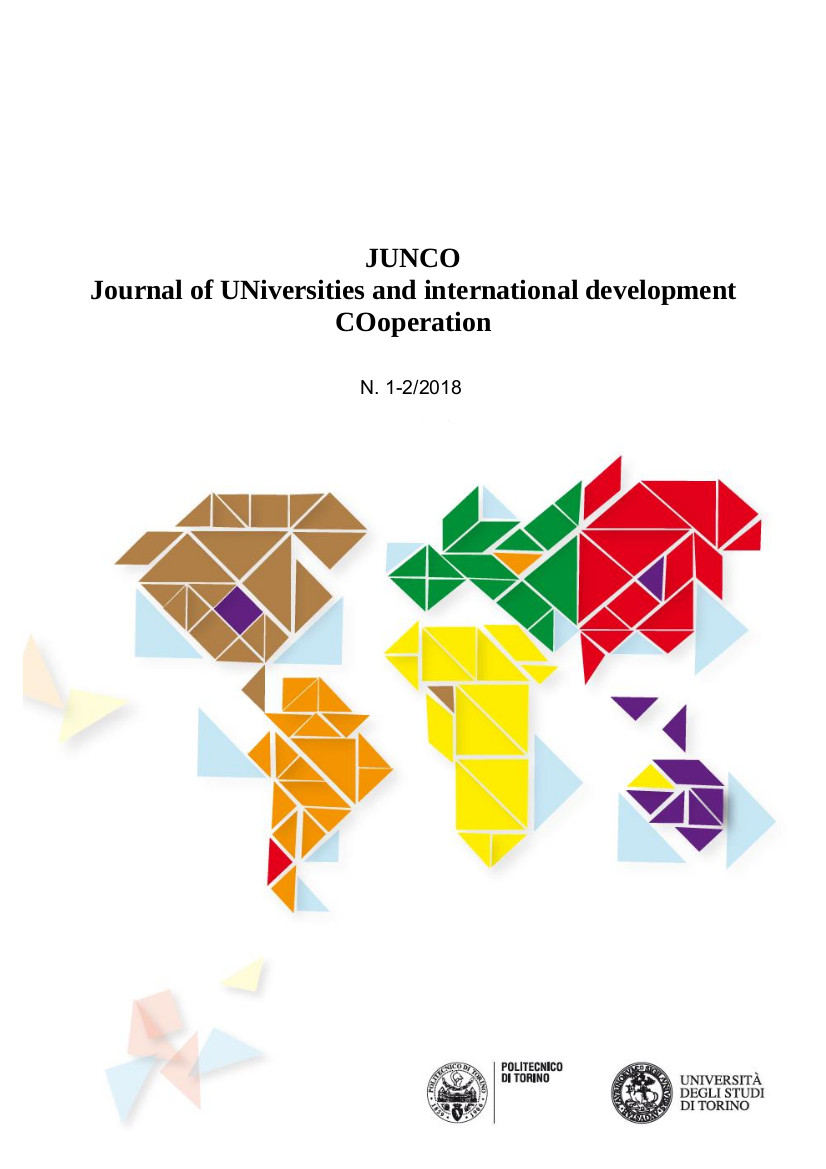The role of cooperation amongst cities, universities, research bodies and civil society organizations Food on Urban Policies in Africa as innovative actions in the cadre of the Milan Urban Food Policy Pact.
Abstract
Within the framework of the international debate focusing on experiences emerging from cities in the global North, this paper aims to explore urban food policies under the lens of a global South perspective, paying particular attention to African cities and taking into account the common elements they present -compared with other urban contexts and territories- but also the specificities and uniqueness of them with respect to the process of urbanization and the linkages existing amongst cities and food.
Urban food policies are powerful institutional actions, able to build more sustainable food systems of contemporary cities. These innovative policies are designed with a systemic and cross-sectoral approach, capable of acting at the intersection of different issues and fields such as water, waste, planning, health, transport, education, environment, trade, but also food and nutrition security, self-sufficiency and food sovereignty.
We will describe an overview of initiatives developed in African cities, in view of the values stemming from the New Urban Agenda and the recommended actions by the recent Milan Urban Food Policy Pact, as an inspiring and propelling opportunity for new forms of territorial partnerships which could promote new types of cooperation amongst cities, universities, research bodies and civil society organizations from global North and South.
Our research follows also the broader Italian development agenda. Under this light we will describe the mobilization of a number of institutional actors towards enhancing collaboration with the African context, drawing a geography of priorities, places and initiatives that are being activated in this field.
The paper will identify a series of cross-cutting issues (such as land tenure, climate change, urban agriculture, rural-urban migration, waste management) to create a set of interpretative geographies, comparing cases across different African perspectives (for instance, environmental and socio-cultural) to identify common grounds and regional features.


